Public engagement is a term that you may recognise, but do you really understand what public engagement is and what makes it so important?
What is public engagement?
Public engagement is a term which is associated and used in a variety of sectors- from arts and heritage to science policy and local government. Although the term is spread across these sectors, there is a common aspiration shared between them. To better connect the work of universities and research institutes with society. As the NCCPE tells us the key thing to remember is to make sure engagement is a two way process of give and take between academia and society.
Understanding Fusion: making the connection between public engagement & Bournemouth University
“Fusion is the combination of inspirational teaching, world-class research and the latest thinking in the professions which creates a continuous and fruitful exchange of knowledge that stimulates new ideas, learning and thought leadership”
This is at the heart of all we do here at BU and a key focus of our 2018 strategic plan. The NCCPE also give us three fantastic reasons why we should support public engagement.
- It brings significant benefits to universities and to the public-
The universities that commit and dedicate to public engagement activities can create long-term relationships with the community, businesses and general public. By creating Public engagement activities it is possible to help our academics and researchers to understand, recognise and then learn from what the public expect and in addition, what are their concerns are. This may help solve real world problems in the long term. By involving members of the general public in academic research, this can enable our researchers to make their decisions and research more responsive to our society.
- Funders and policy makers expect universities to do it
In Order for our universities projects and research to be funded, the funding providers look to see the level of impact and overall benefit to the public. The next summers Festival of Learning will provide academics with an incredible opportunity to demonstrate both of these, whilst inspiring these public stakeholders along the way.
- It helps universities adapt to a changing world
Public engagement allows our university to adapt to the changing world. This is done by understanding changes to the community and world culminating in us readapting ourselves to meet the needs of the community.
Why you should get involved in public engagement!
Research from our eight societally driven themes is the content which is broadcast through our public engagement, using the strategies stated above. Therefore, it is of upmost importance that this is communicated effectively, with our public stakeholders understanding the latest research that is undertaken at the university. By creating stand out and memorable public engagement events, our public stakeholders understanding levels of the research that is undertaken by many in the university will increase. This in turn, will provide various positive externalities as a result.
Getting involved
Why not present and display your research to INSPIRE our local community?
Publically engaging will not only inform the public of your research, but it allows them to engage with it. BU2018 aims to see BU share our expertise and knowledge. By getting involved in activities such as the Festival of Learning, you now have the opportunity to showcase your dedicated hard-work. Become #BUProud !!
You may even be able to improve and update your research through public engagement. Through interacting with the public you will benefit from individuals who can constructively influence your research.
You will be able to access a forum where the public raise issues within your area of expertise. By helping these individuals you will be able to build a long term relationship with them.
A key benefit for you will be the enhancement of your research! By sharing your findings you will be more visible to the public eye, the media and the research community as a whole. Why let your hard work not get noticed/the acclaim it deserves?
If you have ideas for public engagement events, or want to get involved with initiatives like Café Scientifique then let us know. We’ll soon be looking for event ideas for the Festival of Learning 2015, so please do get your creative hats on or drop me an email if you’d like to meet up for a brainstorm session.
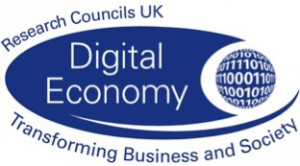
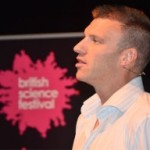
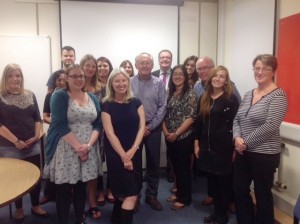


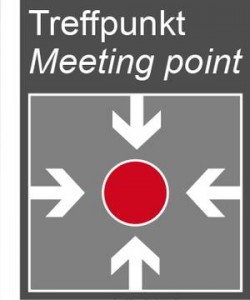
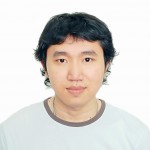

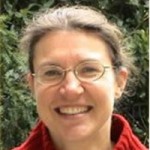
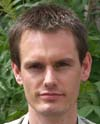


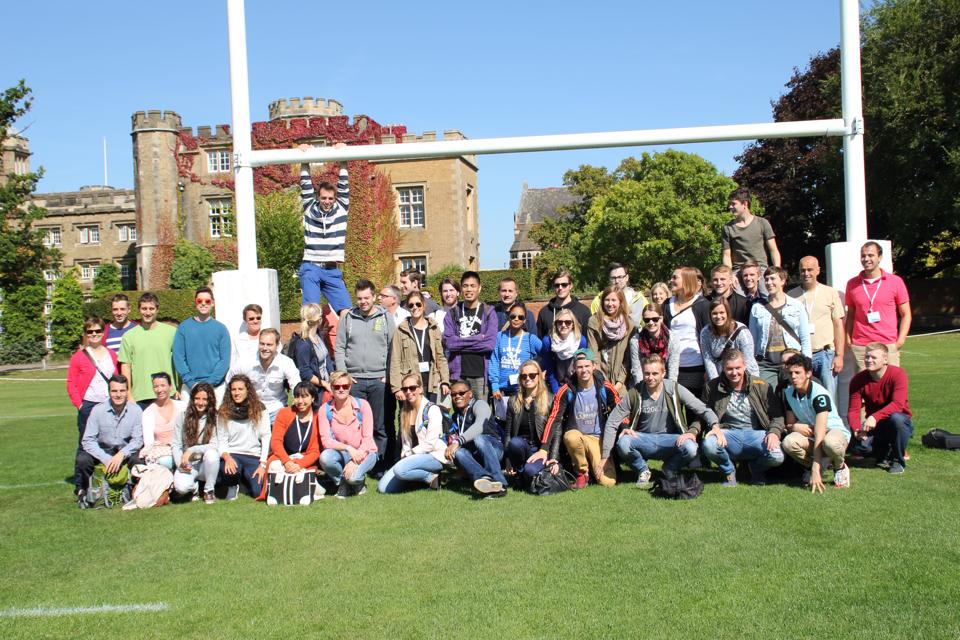













 REF Code of Practice consultation is open!
REF Code of Practice consultation is open! BU Leads AI-Driven Work Package in EU Horizon SUSHEAS Project
BU Leads AI-Driven Work Package in EU Horizon SUSHEAS Project Evidence Synthesis Centre open at Kathmandu University
Evidence Synthesis Centre open at Kathmandu University Expand Your Impact: Collaboration and Networking Workshops for Researchers
Expand Your Impact: Collaboration and Networking Workshops for Researchers ECR Funding Open Call: Research Culture & Community Grant – Apply now
ECR Funding Open Call: Research Culture & Community Grant – Apply now ECR Funding Open Call: Research Culture & Community Grant – Application Deadline Friday 12 December
ECR Funding Open Call: Research Culture & Community Grant – Application Deadline Friday 12 December MSCA Postdoctoral Fellowships 2025 Call
MSCA Postdoctoral Fellowships 2025 Call ERC Advanced Grant 2025 Webinar
ERC Advanced Grant 2025 Webinar Update on UKRO services
Update on UKRO services European research project exploring use of ‘virtual twins’ to better manage metabolic associated fatty liver disease
European research project exploring use of ‘virtual twins’ to better manage metabolic associated fatty liver disease